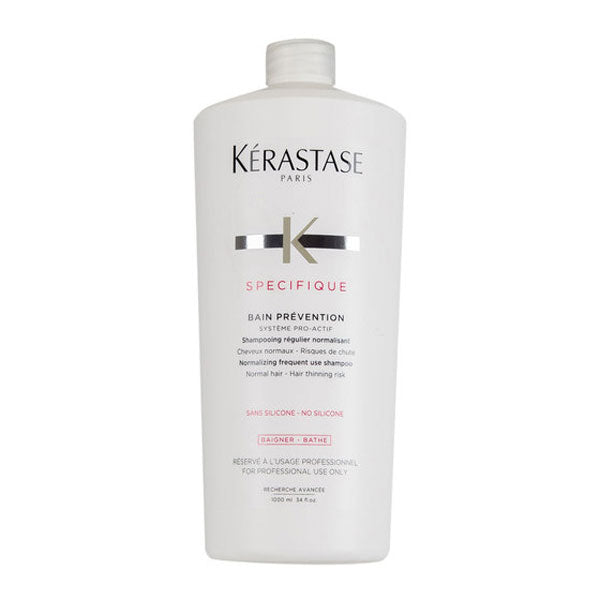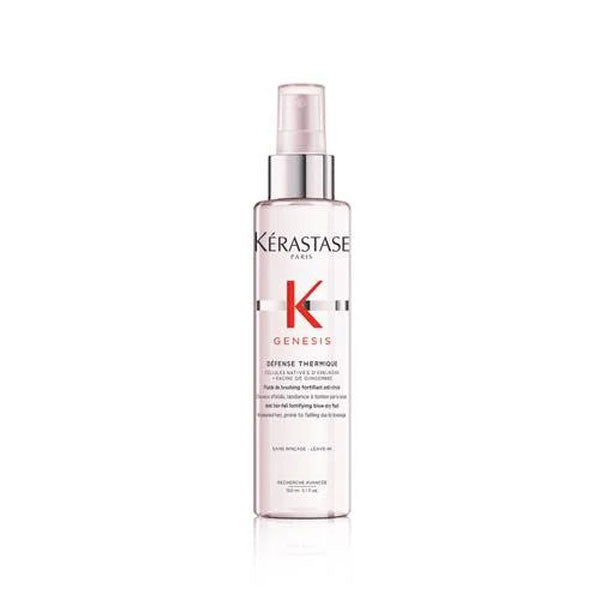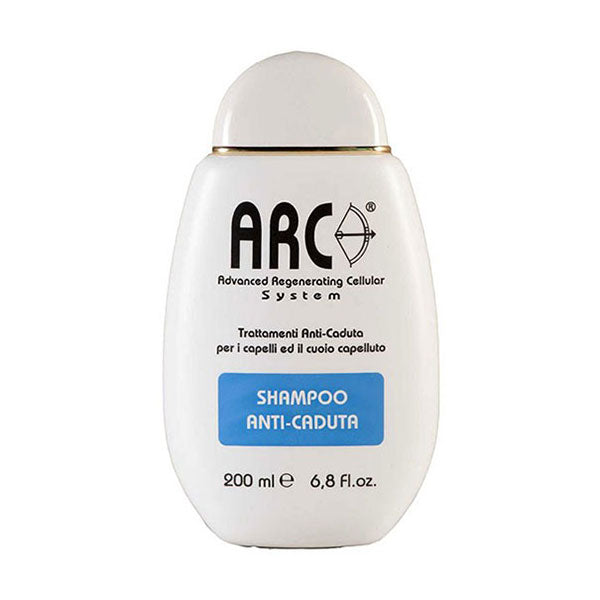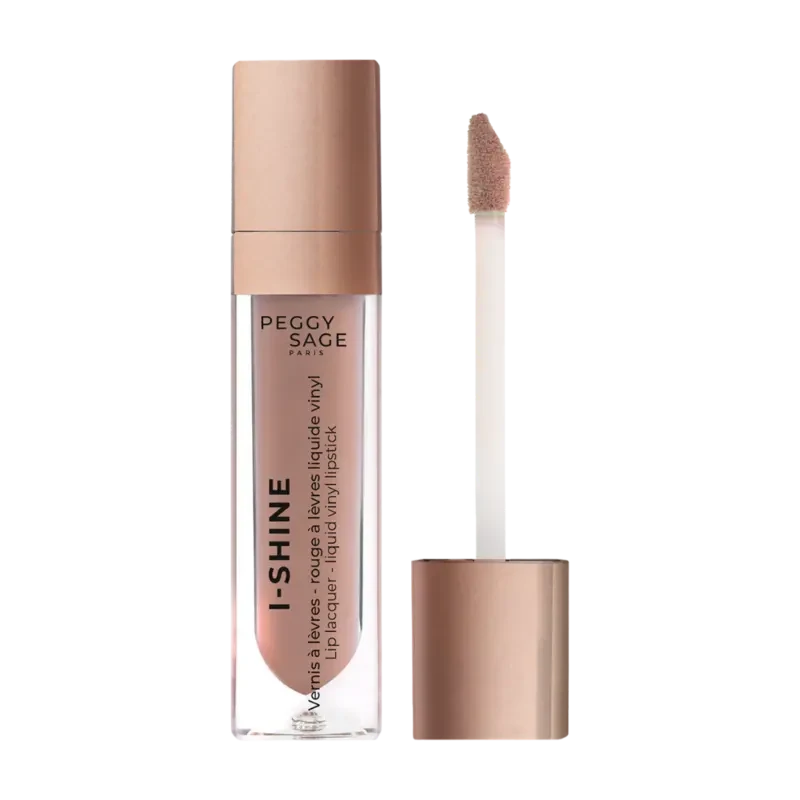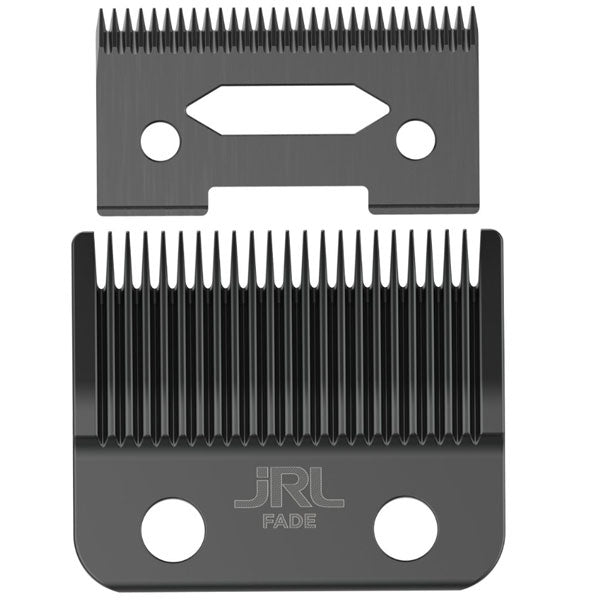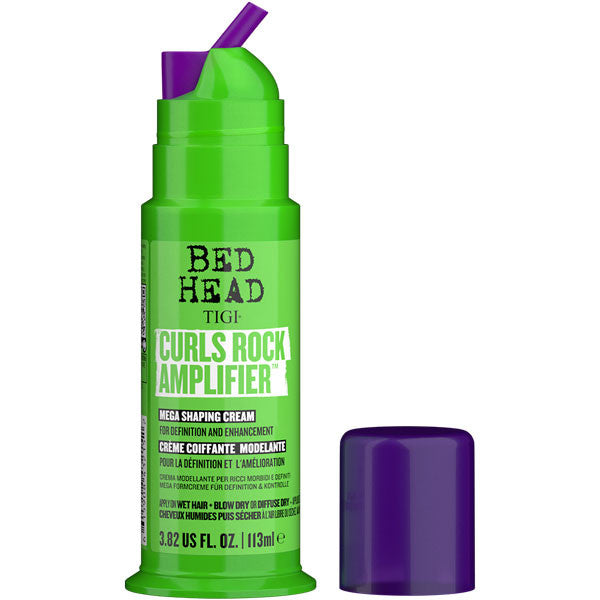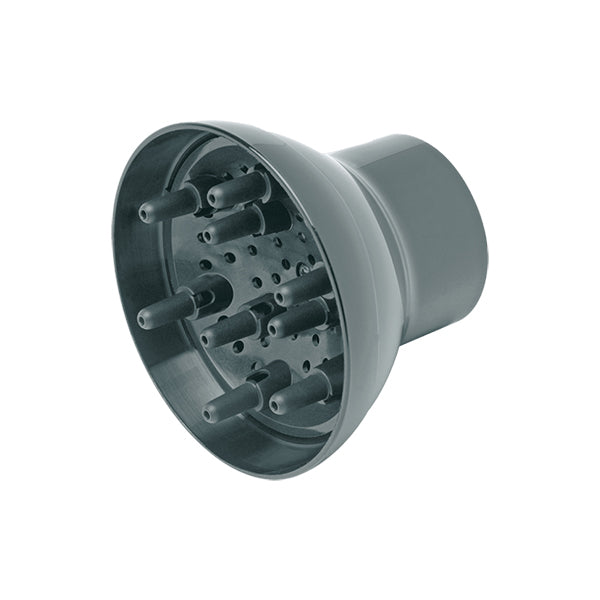Hair Loss
What causes excessive hair loss?
Hair Loss: What Causes Excessive Hair Loss?
Hair loss is a very common problem that affects both men and women. It can happen at any age, but is more common after the age of 40. There are many reasons why hair loss can be excessive, but some of the most common are genetic predisposition, hormonal changes, and underlying health conditions.
The main cause of excessive or premature hair loss is androgen-induced baldness (AGA). This is a genetic condition in which men and women tend to lose hair on the top of their heads. It usually presents as a gradual thinning that begins in adulthood. Androgen-induced baldness affects approximately 70% of men and 40% of women by the age of 70.
Other factors that can contribute to hair loss include stress, hormonal changes, taking certain medications, chronic diseases like rheumatoid arthritis, and even certain infections like ringworm. Certain habits like not washing your hair regularly or brushing it too vigorously can also lead to excessive hair loss.
Additionally, some people may be allergic to nickel or other metals or chemicals in shampoo or hair wash water. Exposure to environmental pollution can also cause an increased rate of hair loss. A nutrient-poor diet can also negatively affect the health of your skin and hair.
Finally, it is important to remember that an unbalanced diet, chronic stress, and excessive exercise can also contribute to hair loss. If you notice signs of excessive hair loss, it is important to consult a doctor to rule out any underlying health conditions. Your doctor will then be able to recommend the most appropriate treatment to restore the balance of your skin and hair health.
At what age does hair fall out?
At what age do hair loss begin? It's a question many people ask, but the answer is not so simple. Baldness is a complex condition that can be influenced by many factors, including age, genetics, stress, lifestyle habits, and more.
For some people, hair loss may begin before the age of 20, while for others it may begin after the age of 30. Additionally, some men may develop baldness at an early age, while women may experience a decrease in hair density even later in life.
In most cases, hair loss is gradual and tends to increase with age. Hair loss can also start quite abruptly or suddenly in some people. Additionally, men may experience some degree of youthful baldness while women may notice hair loss in adulthood.
In terms of genetic factors that influence the onset of hair loss, it has been shown that men and women with family members who have suffered from baldness are more likely to develop it earlier than those who do not have a family history of the condition. Stress can also influence the onset of the hair loss process and it has been observed that during periods of great stress, individuals may experience an increased rate of baldness.
In general, lifestyle plays an important role in preventing and treating baldness. A healthy and balanced diet rich in vitamins and minerals can help increase the overall health of the scalp. It is also important to avoid harmful habits such as smoking and drinking alcohol, which can negatively affect the immune system and hair health.
Ultimately, hair loss can begin at any age depending on a variety of factors. However, most people begin to notice hair loss in their 30s. It is recommended that you speak to a doctor or trichologist if you notice any changes in your hair health or if you want to learn more about preventing and treating baldness.
How can you reduce hair loss?
Hair loss can be a very frustrating thing for many people, especially if the hair loss is caused by factors that can be managed. If you are experiencing hair loss and want to take steps to reduce it, there are some guidelines you can follow.
First, it is important to identify the cause of hair loss so that you can take the most appropriate measures. Hair loss can be caused by stress, hormonal disorders, vitamin deficiencies, or chronic diseases such as rheumatoid arthritis. Once the root cause of hair loss is identified, you can consider a targeted treatment to address it.
Another way to reduce hair loss is to use products specifically designed to strengthen hair and prevent hair loss. These products often contain ingredients such as coconut oil or castor oil that can increase hair strength and stimulate growth. Herbal treatments can also have a positive effect on scalp health by increasing blood flow and thus preventing hair loss .
Additionally, it is important to maintain a balanced diet that is rich in essential nutrients to keep your follicles and hair healthy. Eating balanced meals with fresh fruits, vegetables, lean proteins, and healthy fats can increase the production of keratin within the scalp, thus strengthening the hair follicles. Additionally, certain vitamins such as iron and B vitamins can also increase the resistance of the follicles and thus avoid susceptibility to baldness.
Finally, exercising regularly can also help reduce hair loss. Regular exercise increases blood circulation, which means more oxygen and nutrients reach the hair follicles, thus strengthening the hair and preventing hair loss. In addition, regular exercise can also reduce stress, which is one of the main factors that cause hair loss.




